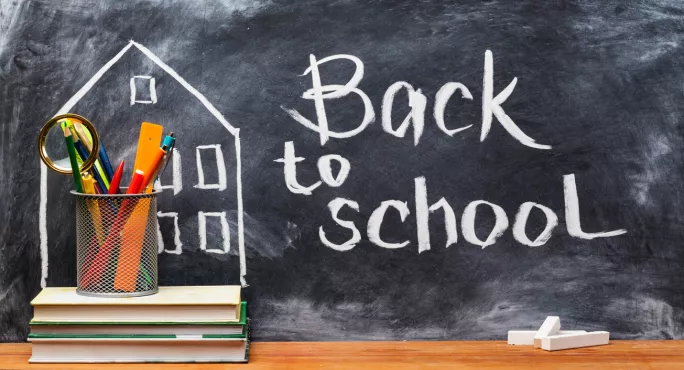This summer was strange for lots of reasons, but one of the strangest for me was actually being in school to work with Year 10 students.
We invited a small number in for group teaching because we were concerned they were at risk of falling behind after schools were closed.
Being back in my classroom felt good. Little things were a pleasure to see; I’d missed my desk and my view. And it was even better to see my students again. Their engagement and enthusiasm blew me away.
As well as a reminder of how much I love teaching, the summer school served as an interesting insight into what awaits us in September.
Here’s what I found:
1. The foundations need checking
It took quite a while to get back to basic knowledge levels. I was having to recap facts and information that I’d considered to be secured in their understanding.
What worked?
In order to combat this, I realised we had to go right back to the elementary topics. We focused on the basics until they were confident in them again, and then we moved forward. After doing this, the students worked confidently and independently.
2. The classroom routine was a welcome return
Students arrived and settled into lessons with the same ease they had back in March. In lots of ways, it was like we had never been away. Equipment out, pens in hand, looking at the board: this stuff must be wired into their long-term memories.
What worked?
We were using the same lesson structures that we always have and the same expectations. We began with reminders of social distancing rules, and I had high expectations right from the off to make sure everyone knew where the line was...literally and figuratively.
Read more
3. Pre-lockdown recaps
We all took it as a given that work completed over lockdown would need a recap, and in some cases reteaching altogether. But I wasn’t expecting the gaps in students’ knowledge of the work we’d been doing in the months before lockdown.
What worked?
Through informal in-class assessments, it became clear that students had gaps in their knowledge that needed addressing. When all our students return in September, our teaching will be adjusted to pre-empt these gaps.
4. Social skills hadn’t been lost
It was wonderful to see the interactions between students. Their excitement about seeing their friends was palpable, and it was clear that coming back to school marked a return to normality. There weren’t any obvious issues with students who had lost their social skills to their gaming consoles.
What worked?
The short breaks between sessions were really important to allow students to catch up and spend time talking to each other. So much of what we learn at school happens outside of the classroom. We need to remember that students benefit from being with their friends, and need interaction just as much as they need to revise the properties of metals.
5. A life without restrictions hasn’t impacted their attention spans...yet
I was expecting to run into issues with students wanting to check their phones constantly; after all, some have had unfettered access to their devices for five months. And yet, this wasn’t a problem at all during summer school.
However, it’s also fair to point out what I was seeing in summer school was not like normal school. The small groups and extra attention from the teacher meant low-level disruptive behaviour didn’t happen - so short attention spans and dependency on mobile phones are still something I’m going to watch out for when we’re back to normal service in the next few months.
Genevieve Bent is a science teacher working in a secondary school in London


